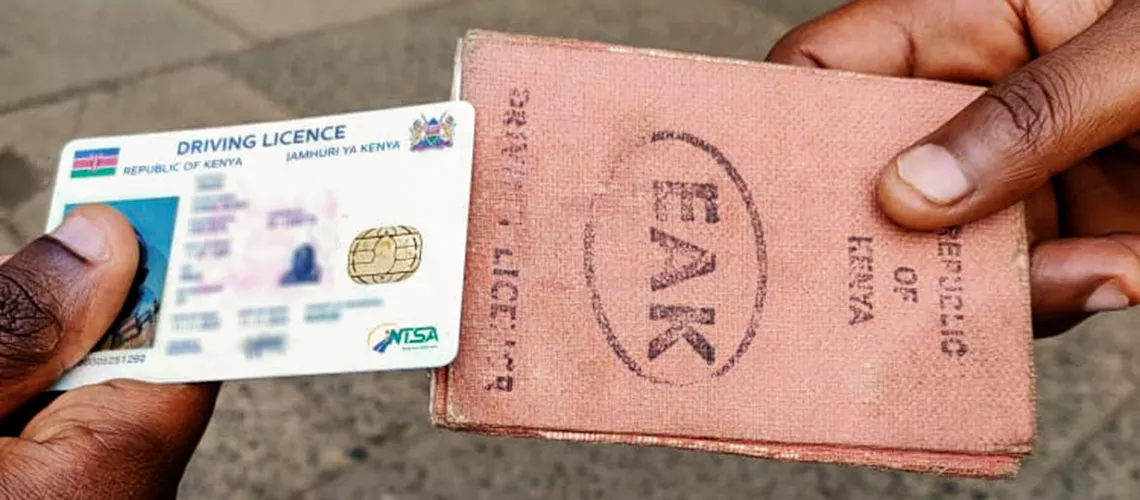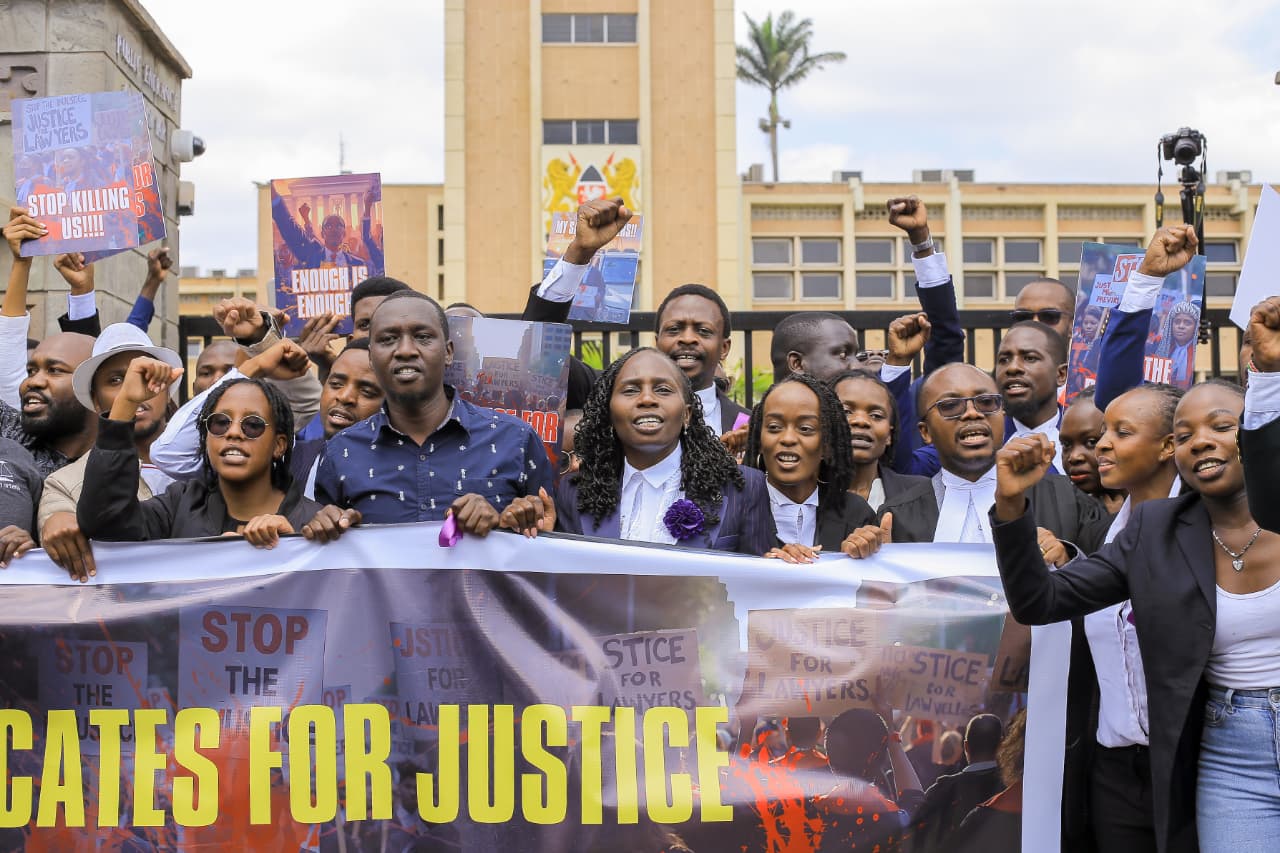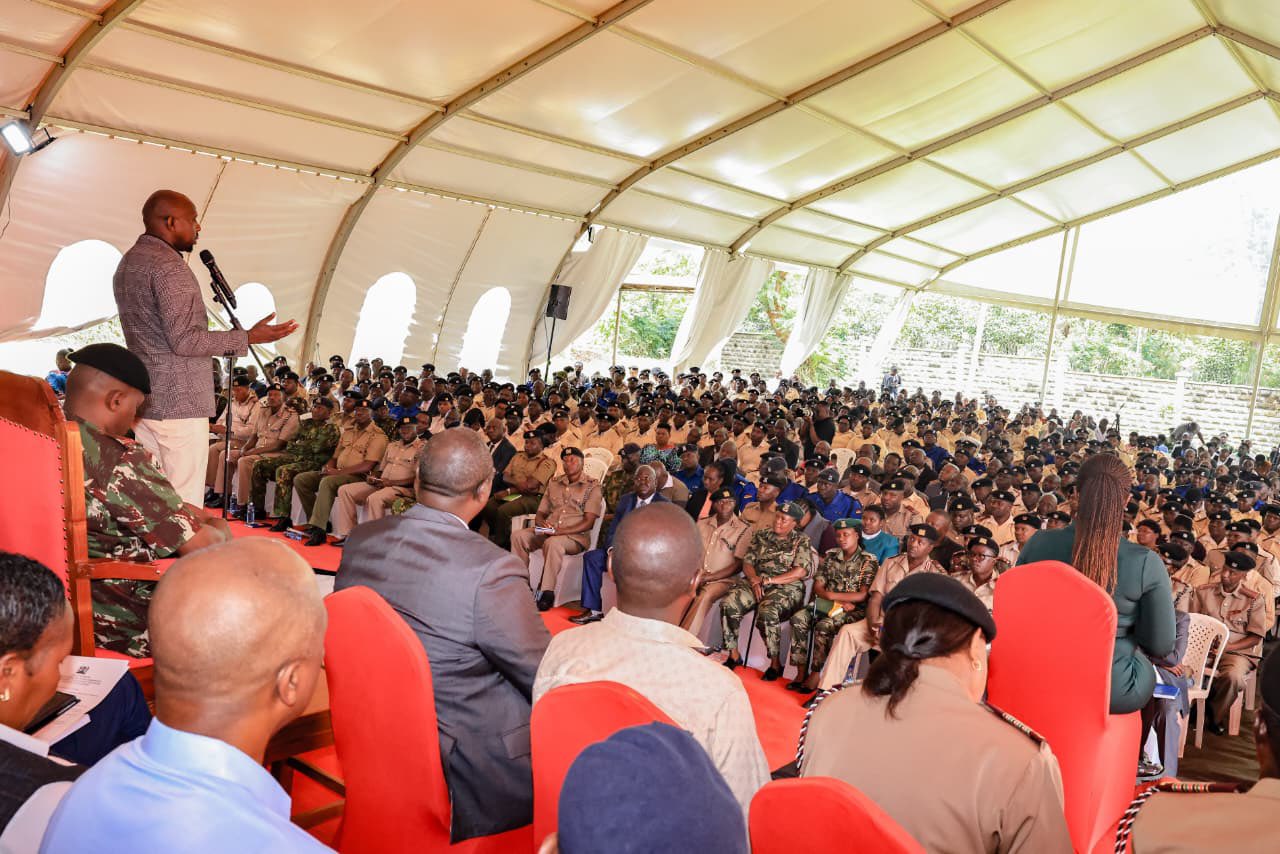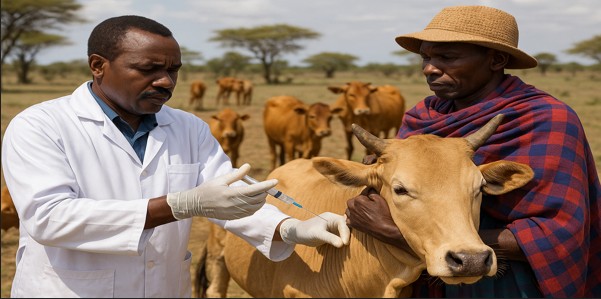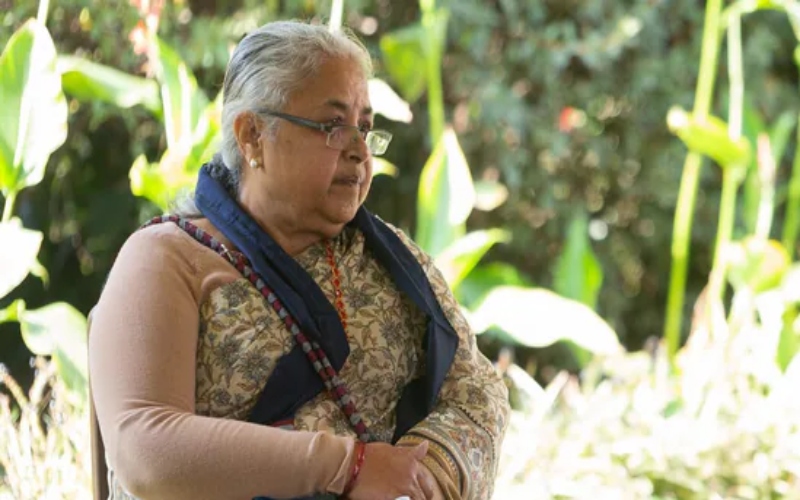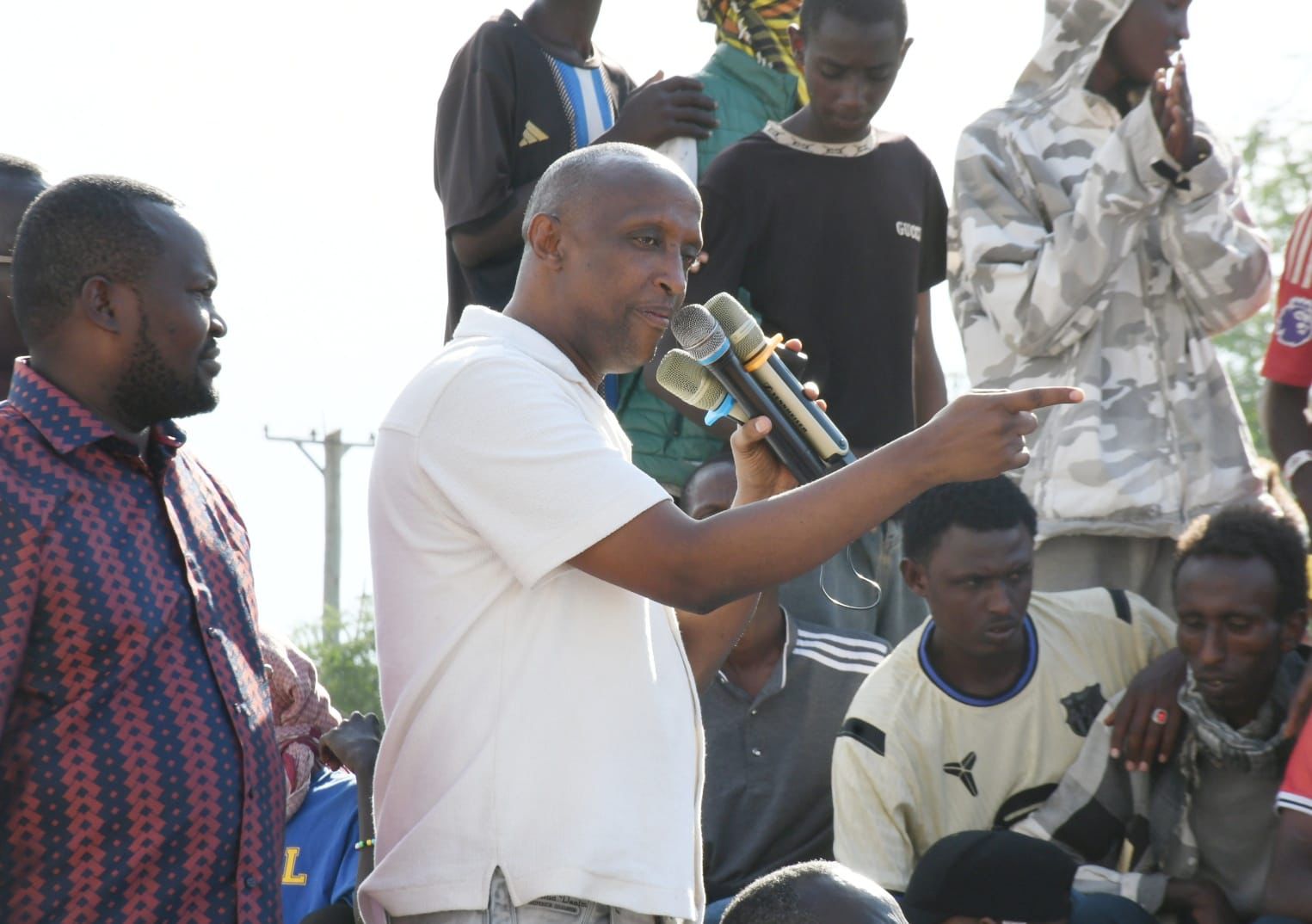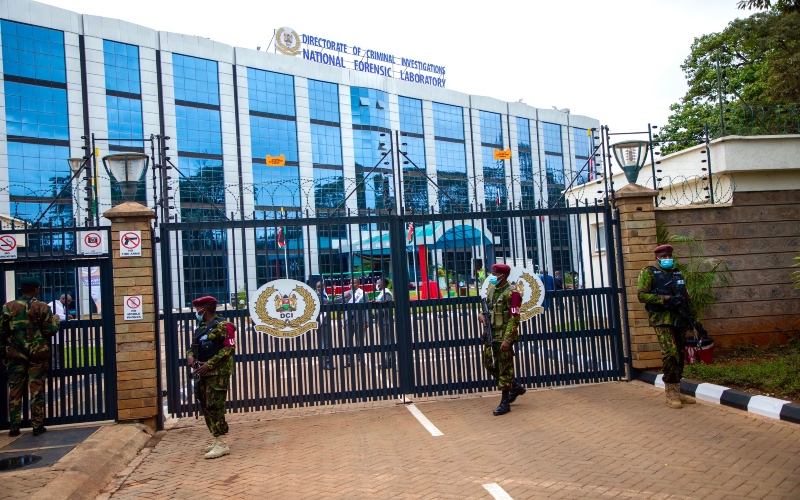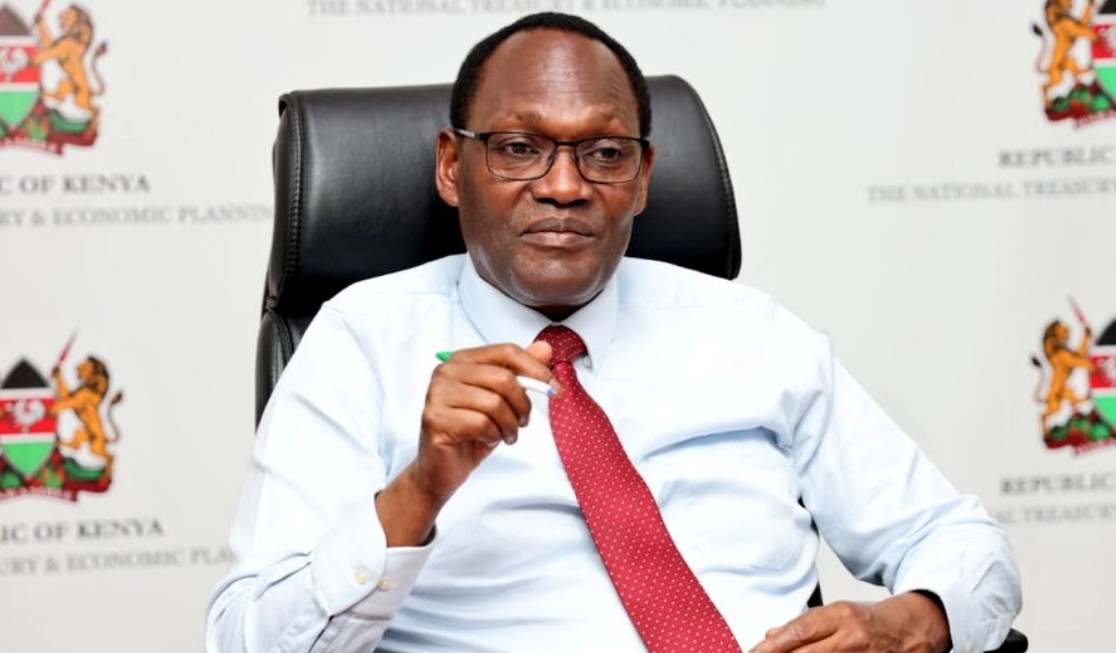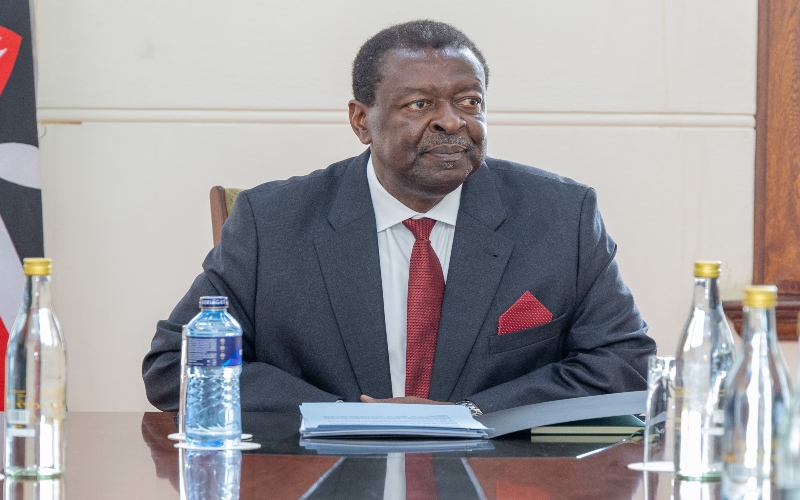US funding cuts won’t affect HIV data, patient health records - Ministry of Health

The assurance follows concerns raised after a recent meeting between the Ministry and key stakeholders where it was noted that the Kenya Health Information System (KHIS) had been temporarily disrupted due to the funding cuts.
The Ministry of Health has assured Kenyans that the recent suspension of US foreign aid will not compromise the security of HIV and STI patient health records in the country.
The assurance follows concerns raised after a recent meeting between the Ministry and key stakeholders where it was noted that the Kenya Health Information System (KHIS) had been temporarily disrupted due to the funding cuts, affecting the availability of national aggregate HIV programme data for key reporting processes.
More To Read
- Union demands full implementation of Ruto’s directive on UHC staff absorption
- HIV is on the rise among older Africans, but care and research overlook this group – lessons from Kenya, South Africa
- Kituo Cha Sheria moves to court over suspension of inmates’ medical services
- Relief for 633 doctors as Health Ministry approves postgraduate fee payments
- Unmasking hepatitis: The five types, their causes and treatment
- New Bill proposes Sh50 million fine for hospitals failing on patient safety
In response to the concerns, the Ministry emphasised that patient data, including information on HIV and sexually transmitted infections (STIs), is securely stored and remains unaffected by the suspension of US aid.
“The Ministry of Health wishes to assure all Kenyans that all data collected on HIV and STIs is primarily used to support patient/client care and service delivery,” the ministry said.
“This data is securely stored in servers hosted by the Ministry of Health and is only accessible to authorised personnel for the purpose of enhancing patient/client care and informing policy decisions.”
The ministry also guaranteed the confidentiality of all patient data, stressing that the funding cuts would not impact the availability or access to health records.
The suspension of US foreign aid, implemented immediately after Donald Trump took office on January 20, was part of a broader set of policy reforms, including the suspension of United States Agency for International Development (USAID) programmes worldwide.
The decision has raised concerns, particularly in developing countries like Kenya, where US aid has been critical to healthcare, food security and poverty alleviation efforts.
While these cuts are feared to have significant economic and social consequences, the Kenyan government maintains that it has taken proactive measures to ensure the continuity of HIV care.
The Ministry of Health recently convened high-level meetings with governors, the Parliamentary Health Committee and health development partners to discuss the impact of the funding cuts and explore potential solutions.
Several key actions were agreed upon to mitigate the impact of the US funding cuts.
The government committed to establishing a multi-sectoral monitoring and coordination committee to regularly assess the effects of the funding disruptions and manage communication.
Emergency access to essential HIV, tuberculosis, and malaria commodities was also prioritised, with efforts made to gather information on pending orders from international manufacturers.
To address gaps in commodities and human resources for health (HRH), the stakeholders said emergency financing would be sought.
County governments were asked to re-purpose the health workforce to mitigate service gaps in HIV, TB, and malaria care, along with community initiatives.
Discussions also focused on proposing policy actions to strengthen the health system’s resilience in light of diminishing aid-based development funding.
There was also an emphasis on seeking consensus for policy reviews and pathways to integrate vertically funded programs into broader public health delivery systems.
Although HIV prevention and treatment services have resumed, the stakeholders noted that they have not yet reached full scale.
Services such as community outreach, peer-led education, and differentiated service delivery have been impacted.
The integration of HIV services into outpatient clinics has also led to reports of stigma and discrimination towards people living with HIV and key populations, including fears of involuntary disclosure and breaches of confidentiality.
However, the government has reassured the public that there are adequate stocks of HIV-related health products in the country.
In response to the funding freeze, Kenya stated in February that it would continue engaging with the US to ensure the continuation of USAID-funded programmes.
“Certain development partners have recently made abrupt policy changes regarding the financing of health programs. I assure the nation that we remain committed to ensuring that any policy decisions by our development partners do not compromise the delivery of healthcare services in Kenya,” Deputy President Kithure Kindiki said.
Should diplomatic efforts fail, the government plans to absorb the Sh24.9 billion shortfall into its national budget, with Sh2 billion already allocated for vaccines.
An additional Sh2.5 billion is set aside to prevent disruptions from the Vaccine Alliance Gavi freeze.
The National Syndemic Diseases Control Council (NSDCC) also reassured Kenyans that there are sufficient stocks of anti-retroviral and tuberculosis drugs in the country despite the USAID funding freeze.
Top Stories Today
